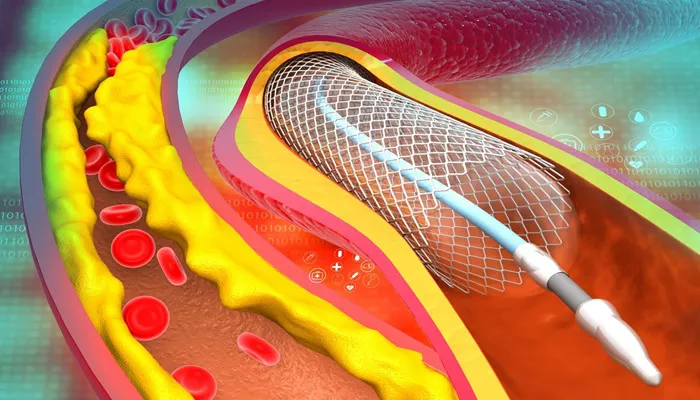A recent study published in the American Journal of Preventive Cardiology has found that a marker of coronary inflammation, known as peri-coronary adipose tissue attenuation (PCAT), may help detect hidden heart disease in young adults.
Cardiovascular disease (CVD) remains the leading cause of death worldwide. Although overall CVD mortality has declined, its presence among younger adults is on the rise. Detecting early signs of heart disease in this group is essential, as standard risk models often fail to accurately assess their risk.
Currently, coronary artery calcium (CAC) scoring and coronary computed tomography angiography (CCTA) are key tools for identifying early-stage coronary artery disease (CAD). PCAT, which measures inflammation in the fat surrounding the coronary arteries, has emerged as an important biomarker in this process.
The study found that PCAT levels were significantly higher in young patients with symptoms of CAD. Notably, even individuals with a CAC score of zero—typically considered low-risk—showed signs of CAD when PCAT was elevated. This suggests that PCAT may help identify heart disease earlier than conventional methods.
Researchers concluded that PCAT is strongly linked to the presence and severity of CAD in young adults. It could serve as a valuable addition to current screening tools, offering better risk prediction and helping to guide early treatment for those who might otherwise be overlooked.
By integrating PCAT into routine clinical assessments, doctors may improve how they identify and manage heart disease in younger populations.
Related topics:


